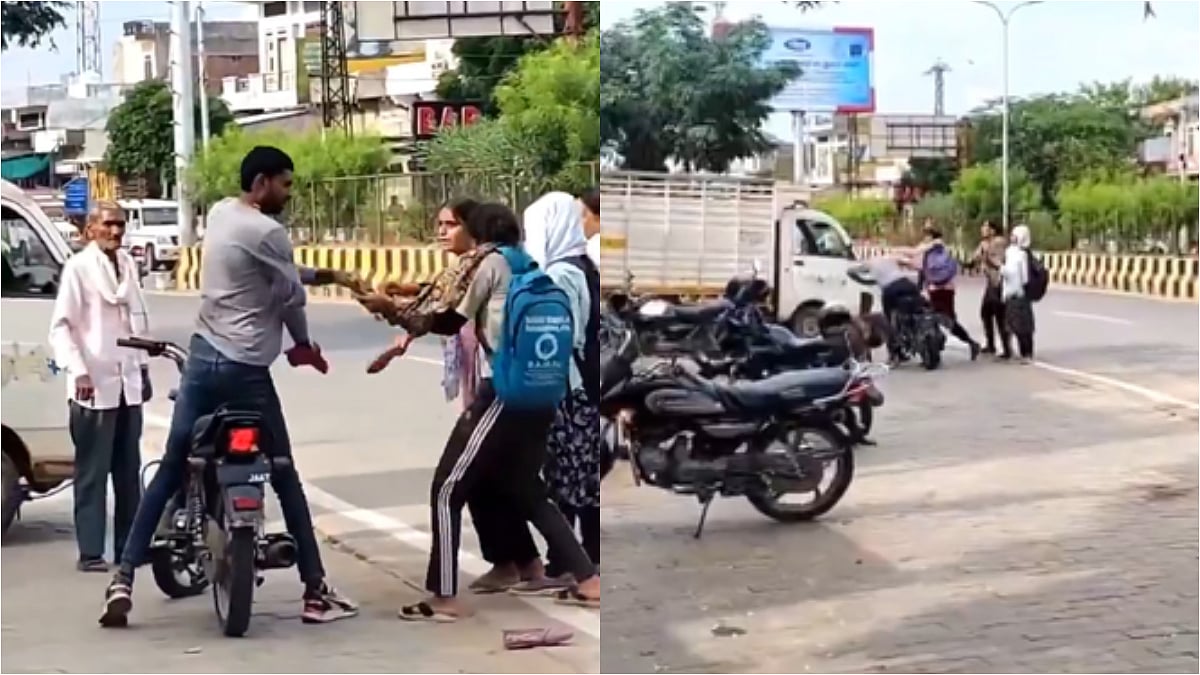In a recent update, five elite universities of the United States, including Brown, Columbia, Duke, Emory, and Yale, have collectively agreed to pay a total of $104.5 million to settle a lawsuit that accused them of violating federal antitrust laws and their exemption status by allegedly considering financial ability in their admissions processes.
According to reports from The New York Times, these universities were part of the 568 Presidents Group, which granted them an exemption from antitrust laws when sharing formulas to assess prospective students' financial needs, provided their admissions processes were "need-blind."
The settlements come after a court filing revealed allegations that these universities, despite claiming to be need-blind, had considered financial factors when deciding the fate of certain applicants.
The legal provision that offered antitrust cover, known as the 568 Presidents Group, consisted of 17 schools, and the lawsuit argued that they did not adhere to the need-blind mandate during deliberations over wait-listed applicants, a The New York Times report stated.

The five universities - Brown, Columbia, Duke, Emory, and Yale - did not admit wrongdoing but opted to settle the lawsuit. This development raises questions about whether these prestigious institutions did enough to lower tuition costs despite promoting the generosity of their financial aid programs. The settlements aim to provide compensation to approximately 200,000 students who were allegedly overcharged over two decades due to the elimination of competition on cost within the 568 Presidents Group.
The University of Chicago had earlier settled its portion of the case for $13.5 million. Other institutions, such as Cornell, Georgetown, Johns Hopkins, M.I.T., and the University of Pennsylvania, continue to be embroiled in the litigation, with no trial date set, revealed The New York Times.
The lawsuit targeted the alleged violation of need-blind admissions mandates, specifically during deliberations over wait-listed applicants, making their financial aid protocols illegal. The settlements are expected to streamline the case, making it less complex for a potential trial.
(The above data is based on the reports from The New York Times)










